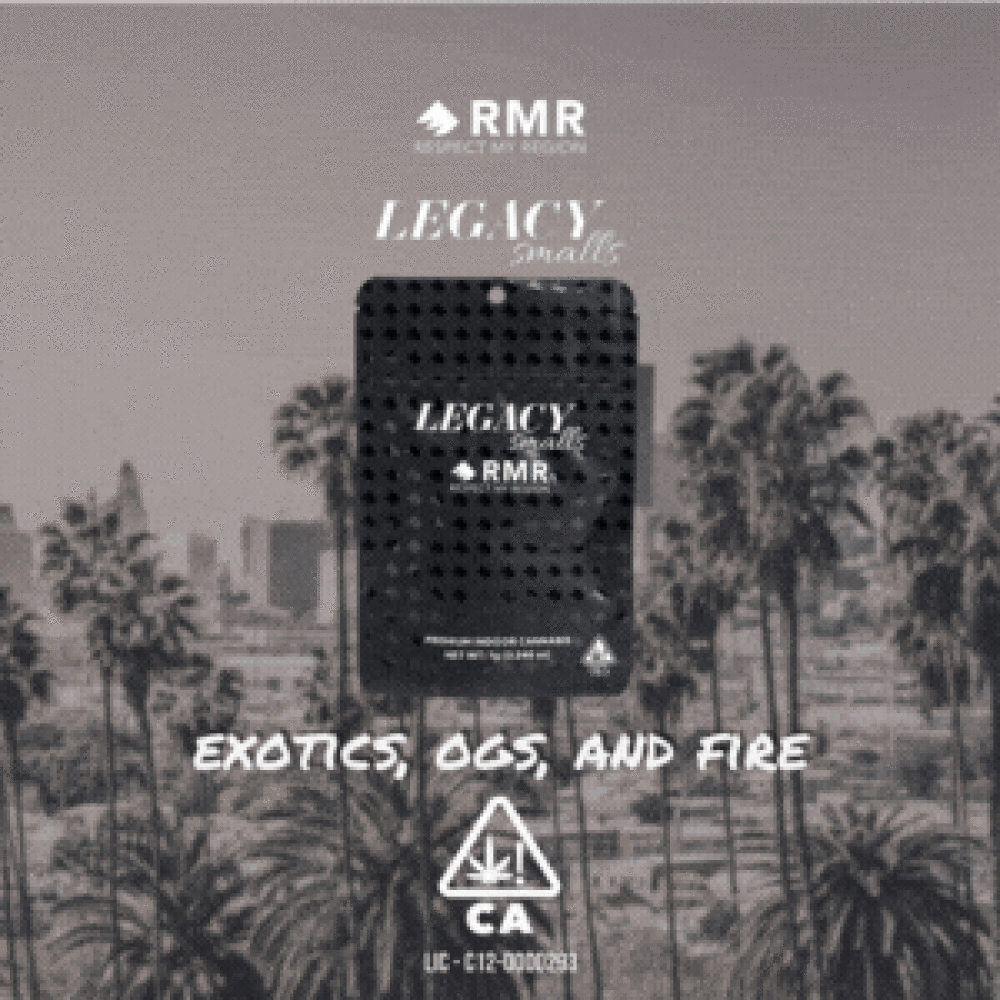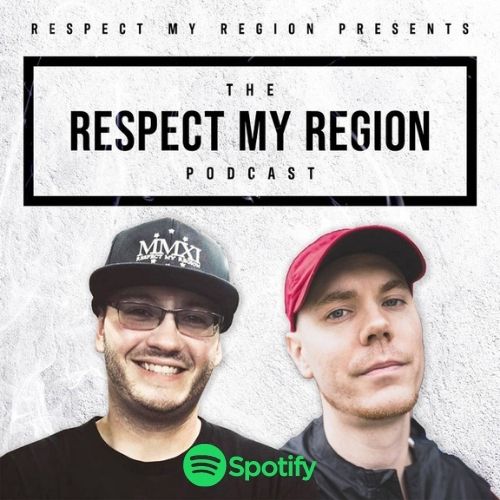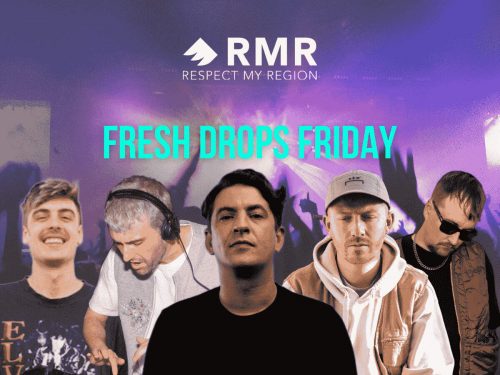Respect My Region previously reported that LeafData would black out temporarily during its initial launch on Jan 1. That turned out to be incorrect because LeafData never launched and instead was delayed a second time.
LeafData’s newest projected release is February 1st.
It’s been over three months since the Washington State Liquor Cannabis Control Board (WSLCB ) gave MJ Freeway an estimated $3.1 million to replace Washington’s cannabis traceability system. With little to show for it, the collective cannabis industry is frustrated.
Some worry the WSLCB is putting the entire industry at risk during a time when Attorney General Jeff Sessions has increased anti-cannabis rhetoric and rescinded federal marijuana protections, also known as the Cole Memo. Washington’s cannabis industry has generated over $2.9 billion dollars in total revenue since its inception. It’s created thousands of jobs and is funding numerous state programs such as law-enforcement, Medicaid, public health programs and cannabis research.
The WSLCB increased all producer/processor fees to pay for LeafData’s creation. An I-502 producer/processor who wishes to remain anonymous told Respect My Region their annual fee increased by 38 percent. Senate Bill 5130 came into effect on June 30, 2017, and increases licensee renewal fees until June 18, 2018.
MJ Freeway is the technology and data consulting company that built LeafData for Washington’s recreational cannabis industry. All cannabis products must be tracked from seed to sale. This means that each product has a strict chain of custody it must go through at each stop on it’s path to retailers. This helps the state prove to the federal government that product is staying out of the black market.
While MJ Freeway and the WLCB finish LeafData, there’s no state provided traceability system in place, but there is a contingency plan in effect. The WSLCB ’s contingency plan consists of manually filling out spreadsheets they generate. The amount of information required for traceability compliance is unrealistic to complete by hand. Some retailers don’t accept WSLCB generated spreadsheets according to an anonymous I-502 producer/processor. This forces producer/processors to pay for the third-party contingency system.
BioTrackTHC launched the Unified Contingency System (UCS) to help licensees with data collection during this time. The UCS is a completely privatized clone of BioTrack’s traceability system. It was created with cooperation other third-party traceability software providers: WeedTraqr, Greenbits, GrowFlow, TraceWeed, MisterKraken, S2Solutions, and DopePlow. This allows licensees to conduct traceability work on BioTrackTHC without manually filling out spreadsheets. The data is collected and will be transferred to LeafData’s system when it’s ready. BioTrackTHC is asking for a $50 monthly fee from all licensees using the UCS.
It’s important to note that BioTrackTHC is under no obligation from the WSLCB or anyone to operate the UCS.
BioTrackTHC held Washington’s previous traceability contract. They were replaced by MJ Freeway when they couldn’t come to terms with the state for a contract extension. BioTrackTHC’s CEO Peter Vo wasn’t confident in the newest bidding terms laid out by the WSLCB and pulled out. He wasn’t confident the newest contract followed the Cole Memo’s strict conditions, which could be detrimental to the entire industry.
Vo is speaking about the WSLCB ’s request that MJ Freeway allows for larger “lots” entered into the system. A “lot” is a labeled batch of flower that has been tracked through all its various production stages and is on its way to the retailer.
The Cole Memo allowed a five-pound lot limit. BioTrackTHC’s system wouldn’t allow you to enter lots into the system above five-pounds. The WSLCB asked MJ Freeway to allow larger lot entries but with the Cole Memo out of play, it’s possible this might not matter anymore.
When MJ Freeway was awarded Washington’s traceability contract, LeafData wasn’t built yet. A common practice in the technology industry is to build the platform after the contract is awarded. This allows MJ Freeway to build LeafData to the WSLCB’s exact specifications for the interface, tracking, alerts, audits, reports, etc., Jeannette Ward said. Ward is the Global Marketing & Communications Vice President for MJ Freeway.
The original rollout date of Oct. 1 was aggressive and “shorter and faster than any system had been rolled out,” Ward said.
The October 1st goal was set because it was the end date of BioTrackTHC’s contract. The WSLCB delayed LeafData for further system tests. Around this time, Vo and WeedTraQR CEO David Busby conducted a personal investigation into a suspicious email sent from LeafData to several cannabis retailers. It contained information not publicly available and suggested that LeafData and MJ Freeway’s data security could have been compromised.
MJ Freeway was already dealing with security breaches, service outages and losing a Nevada contract in 2017, leading critics to question if MJ Freeway was capable enough to handle Washington’s traceability needs and if the WSLCB had made a mistake awarding them the contract.
The WSLCB said the Washington State Office of the Chief Information Officer (OCIO) assessed the security risks, but Vo says the WSLCB declined to give him physical proof of OCIO’s check. The date was pushed back to January 1st and was set to allow for three months of additional testing, but that deadline was missed as well.
According to Ward, the WSLCB pushed back LeafData’s installation to February 1st so third-parties would have more time to integrate and licensees would have more time to train on LeafData. Ward also believes the lack of integration was due to lackadaisical licensees, not LeafData’s system stability. She says their system was ready to go, citing two successful integrations prior to the recent delay.
“Some people don’t do their homework until the night before,” Ward said.
GrowFlow representative Tom Wilson told Respect My Region the reason for the most recent delay was because LeafData, simply isn’t ready.
“There are around 30 outstanding bugs in the system, and the WSLCB did not want to go live with such a buggy system,” Wilson wrote in an email.
If LeafData does go live on Feb. 1, there is a timeline of events that are supposed to happen. These events break ground for the LeafData installation. One of these events, known as a “code freeze,” was scheduled for January 14th and there isn’t sound proof that happened, per an anonymous I-502 producer/processor. This leads some to fear another delay is inevitable or the system will launch with unresolved bugs.
LeafData might only serve roughly one-fourth of licensees. Around 75 percent of licensees use a third-party traceability providers that are helping with the UCS. Critics argue I-502 producer/processors were forced to pay for LeafData when most won’t use it, to begin with, plus those who want to use it can’t because it isn’t operational.
Diego Pellicer is a Seattle cannabis retailer currently using the UCS, but is planning on switching to LeafData when it launches. Jesse Leach is the General Manager and says the UCS is working fine, although it’s adding more work for the inventory crew.
Leach believes the WSLCB did their best when they were forced to scramble and find a new traceability suitor after their first option, Metrc, didn’t work out. Leach says Metrc bailed on the contract and forced the WSLCB to find a new suitor. An anonymous I-502 producer/processor says they and other producer/processors raised hell and forced the WSLCB to find something better than Metrc. The next closest bid was MJ Freeway.
At the end of the day, the industry is still trudging along. Several budtenders Respect My Region spoke to have no idea there is a traceability problem to begin with. This means the UCS is working. But, the cannabis industry didn’t pay millions of dollars for a contingency plan, they paid for LeafData. The industry simply won’t know if LeafData will work properly until February 1st arrives, or if it will even arrive at all.
“We’re all just trying to get back to the way it was,” Leach said.
FOR MORE LEAFDATA UPDATES AND CANNABIS RECOMMENDATIONS, FOLLOW RESPECT MY REGION ON FACEBOOK & TWITTER.









